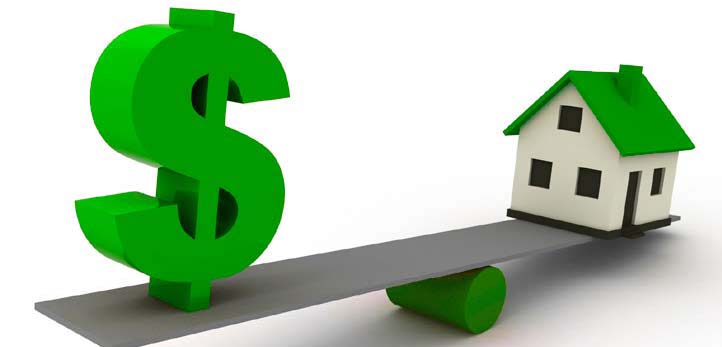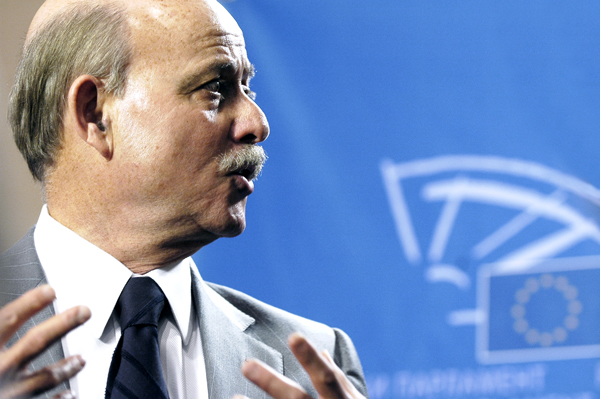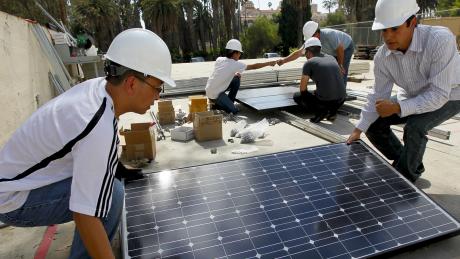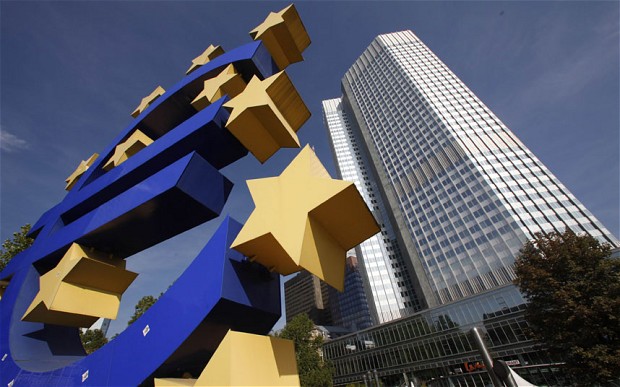The mortgage is a contract that allows you to take some money but you have to pay it back. If you cannot pay back you will lose your house or apartment. In short the mortgage is a contract in which you agree to pledge your real estate and you take money for your pledge. Some families decide to sign the contract because they need money. But most of  the people prefer taking a credit to the mortgage. The money is not so much but you will not lose your apartment. There are some interesting facts about the mortgages.
the people prefer taking a credit to the mortgage. The money is not so much but you will not lose your apartment. There are some interesting facts about the mortgages.
First, not only the houses and the apartments but all other kinds of property can be hypothecated. So we will mention something more about the terms that are used with the mortgage.
Above all is the property. It is the physical residence or another kind of property that will be financed.
The next is the mortgage – it is a kind of contract that allows you to take a certain amount of money but for that you pledge your property for a certain period.
The borrower is the man/woman who is interested in the property.
The lender as we can see from the name is the institution (a bank, an investor or something else) that pays the money to the user.
Principal is the original size of the loan.
There are a lot of other things we can say about the mortgages and the pledge of real estate but these are the most important things around it. So we will generalize everything we said – the mortgage provides you with some funds for your property and in that way you earn a certain amount of money. Agreements require different periods but mainly they require a period of ten to thirty years.
The period depends on the local conditions and some other things that are different for the different countries and places. So the first thing you have to do when you want to sign a mortgage contract and to pledge your real estate in exchange for money you will have to learn everything about the mortgage.




